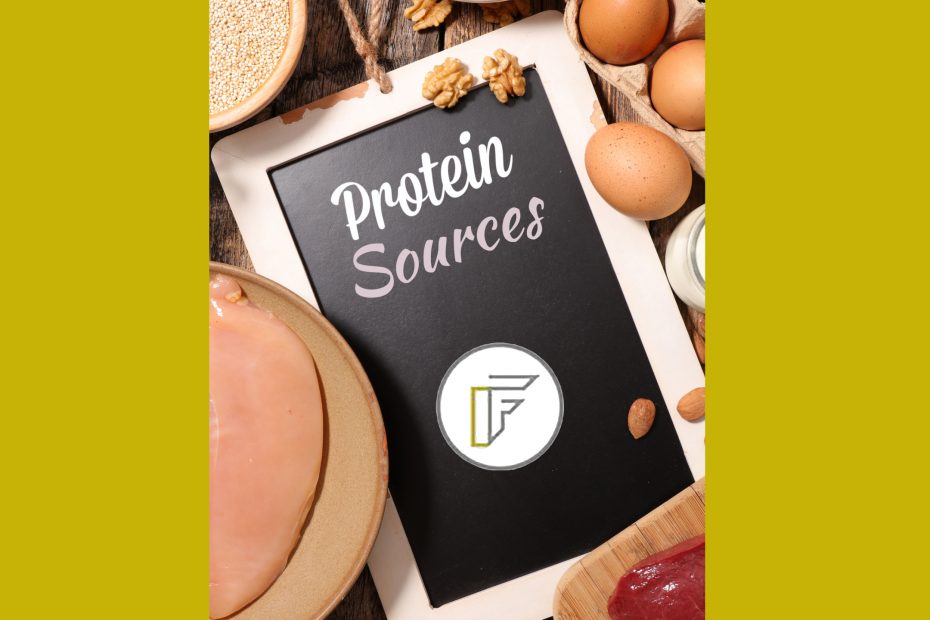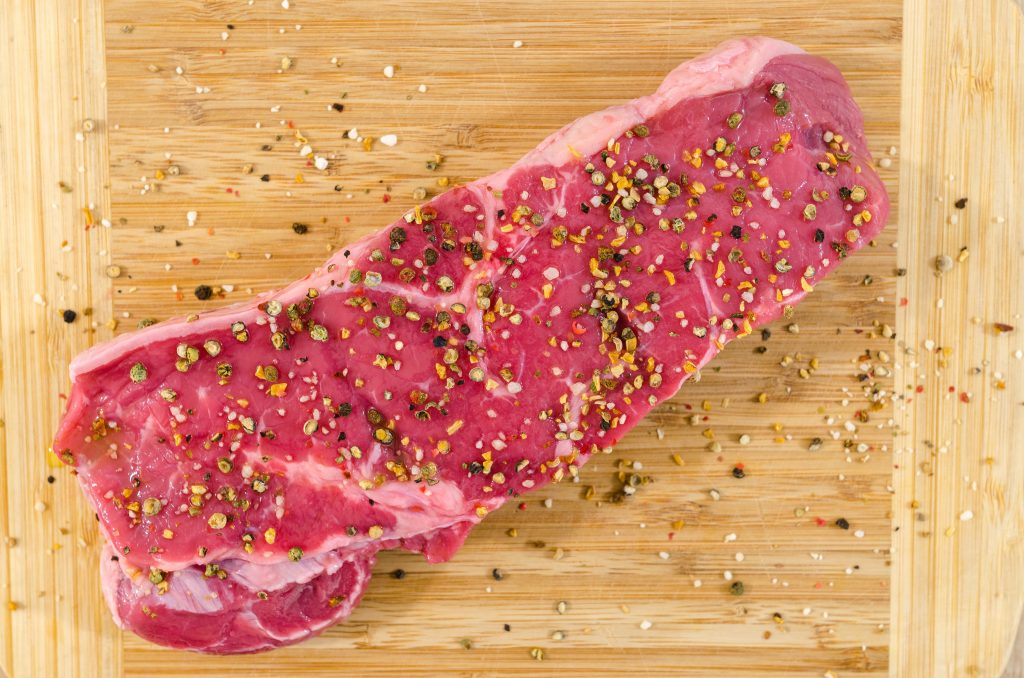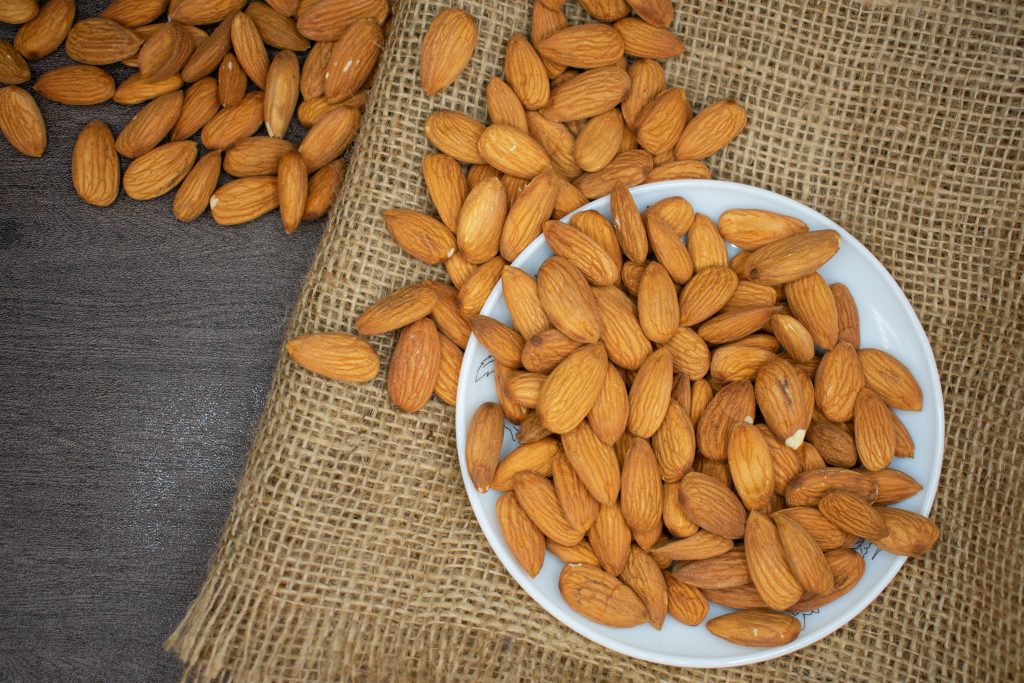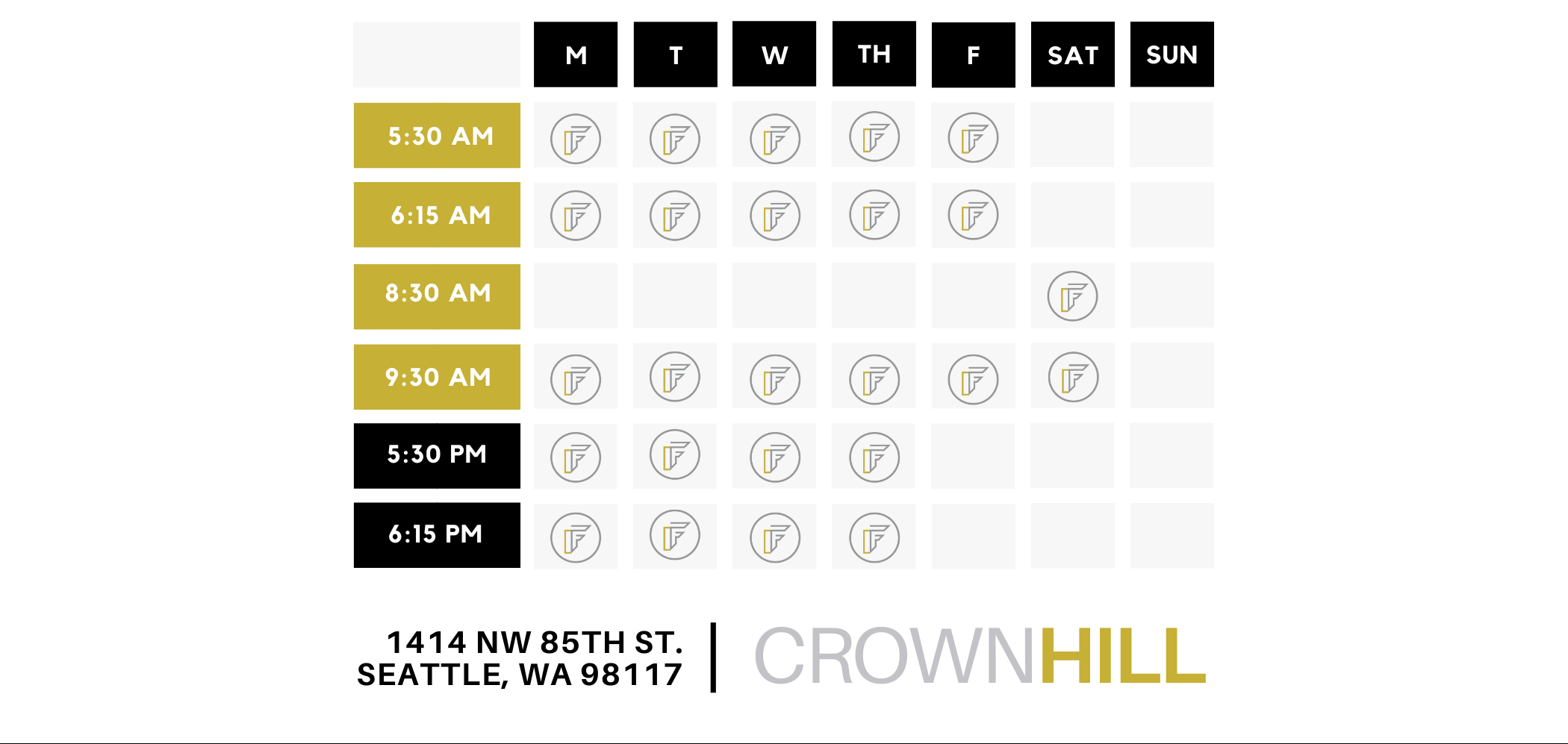If you’ve missed the first part of this article where we talk about optimal protein consumption, timing, and distribution, jump to part 1 now . This article is about sources of protein.
If you have ever wondered what are the best sources of protein for optimal muscle growth and recovery are, you are at the right place.
Functions of Protein
Today, we are going deeper into the different sources of protein. Let’s have a look.
Proteins are all over our bodies – they can be found in our muscle tissues, bones, and blood.
Protein is the most satiating macronutrient.
When we consume protein, the body requires more time and energy to digest it. This is partyly why we feel more satiated after one big steak, with a source of complex carbs, than a pizza.
Here’s a brief lesson in biology – Amino acids are the building blocks of proteins. There are 20 total amino acids, 9 of which are essential (think of essential as ‘the body needs it for optimal health and recovery but can’t produce it on its own’).
The other 11 are non-essential, meaning that the body can produce them on its own.
The essential amino acids we must derive from protein-rich foods!
Protein can be derived from 2 sources – animal or plant-based protein foods.
The main difference between them is that all nine amino acids can be found in animal protein sources.
In comparison to plant-based protein sources, to get all nine amino acids, certain combinations of foods have to be consumed.
Animal Sources of Protein
As mentioned above, animal protein sources have all essential amino acids and are known as “complete” proteins.
Here is a list of the best animal sources of protein and the quantity of protein per 100g.
- Beef
One of the juiciest meats out there if cooked right. Beef has approximately 26,4 grams of protein per 100g and 163 kcals.
- Chicken
“The favorite” food of most bodybuilders out there. Chicken has around 22 – 27 grams of protein per 100g and 120 – 140 kcals.
- Fresh Salmon
Salmon is famous for its taste and color among trainees. It contains 20g of protein per 100g and around 170 kcals. Keep in mind that Salmon is also high in healthy fats. This includes fats such as omega 3 and 6.
- Eggs
One of the best sources of protein, according to experts. Eggs are one of the most digestible protein sources. They contain around 13 grams of protein per 100g (one medium egg contains 6g) and 150 kcals.
- Pork
Pork is an excellent alternative to beef and chicken. It has a great protein to fats ratio and contains around 22 grams of protein per 100g and 130 kcals.
Plant-based Sources of Protein
Plant-based protein sources are “incomplete” proteins because most foods don’t have all the essential amino acids.
Plant sources can be consumed to reach the required essential amino profile.
Here is a list of plant-based protein sources:
- Soy
Soy is the only exception among plant-based sources because it has ALL the essential amino acids. It contains 12,5 grams of protein per 100g and around 140 kcals.
- Quinoa
Quinoa is a fantastic alternative to rice. It’s is an excellent source of complex carbs. It also has a good amount of protein. Quinoa contains 12 grams of protein per 100 and around 360 kcals.
- Lentils
Lentils are a must in a healthy and balanced diet. They contain a high quantity of fiber and a decent amount of protein. Lentils have around 9 grams of protein per 100g and 100 kcals.
- Beans
Similar to lentils, beans are high in fiber, protein, and carbs. Beans contain 6.6 grams of protein per 100g and 91 kcals.
- Almonds
Almonds are incredibly high in protein. They contain a lot of healthy fats as well. An almond serving has 21.6 grams of protein and 643 kcals
- Sesame seeds
Sesame seeds are tiny, oil-rich seeds with many benefits. They contain a lot of fiber and have 21.2 grams of protein per and 584 kcals per 100g.
Takeaway message
Animal sources of protein contain all essential amino acids. Therefore, animal proteins are “complete” proteins.
Plant-based proteins may not have all the essential amino acids, but combining them would bring identical results to your life.
If you liked this article series, share it with a friend who might find the information helpful!



















